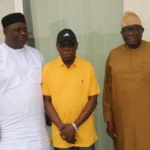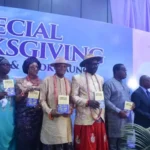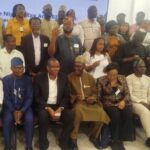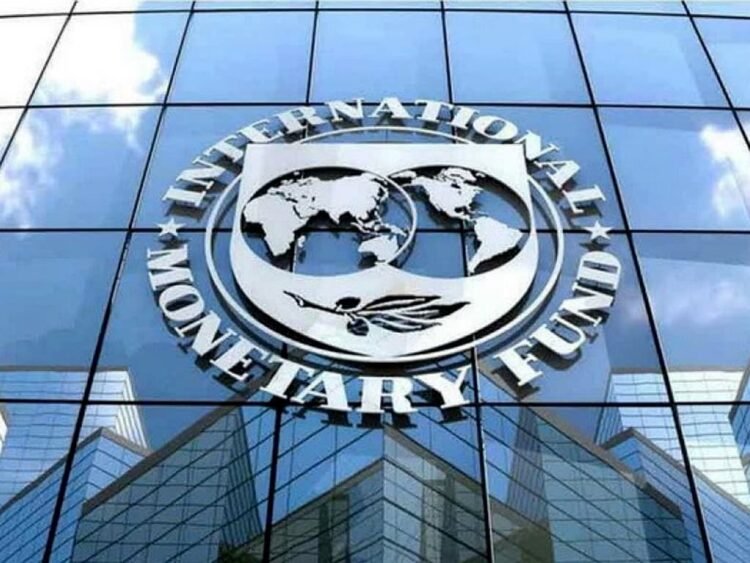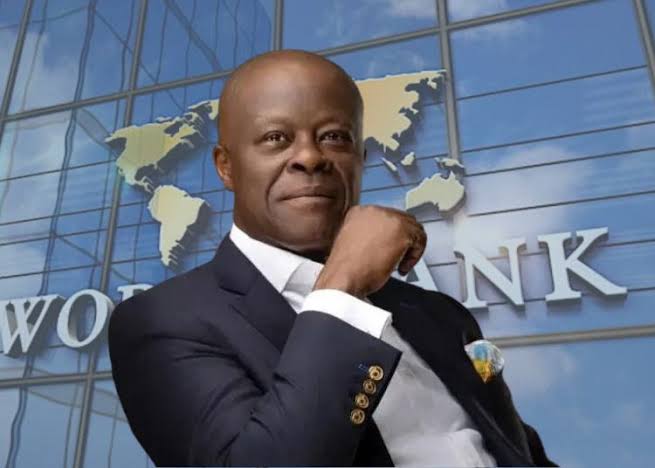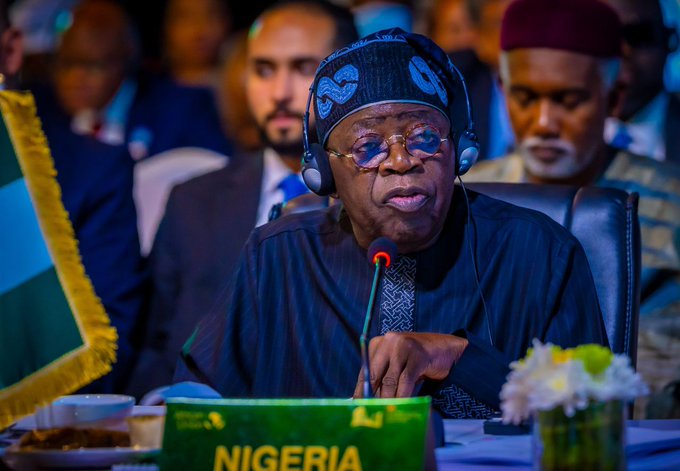Nigeria unveils findings from Digital Trade Survey at AfCFTA forum
By Mufutau Ojo Nigeria has unveiled the results of its inaugural National Digital Trade Survey and Mapping Exercise, according to a BusinessDay report. The results were presented on the sidelines of the inaugural AfCFTA Digital Trade Forum hosted by the AfCFTA Secretariat in Lusaka, Zambia. Nigeria, a co- champion ofContinue Reading


